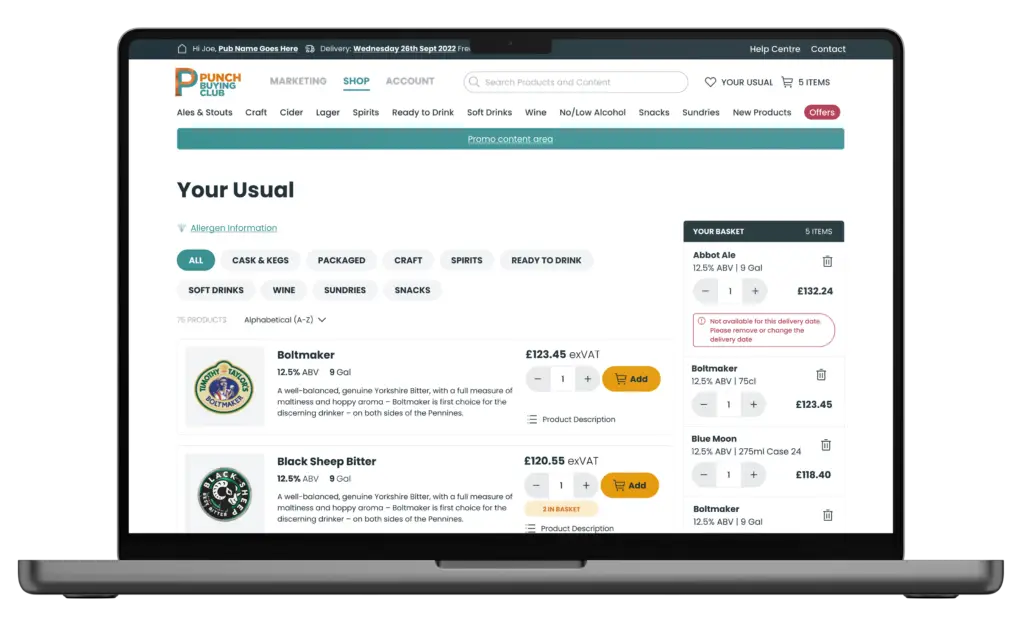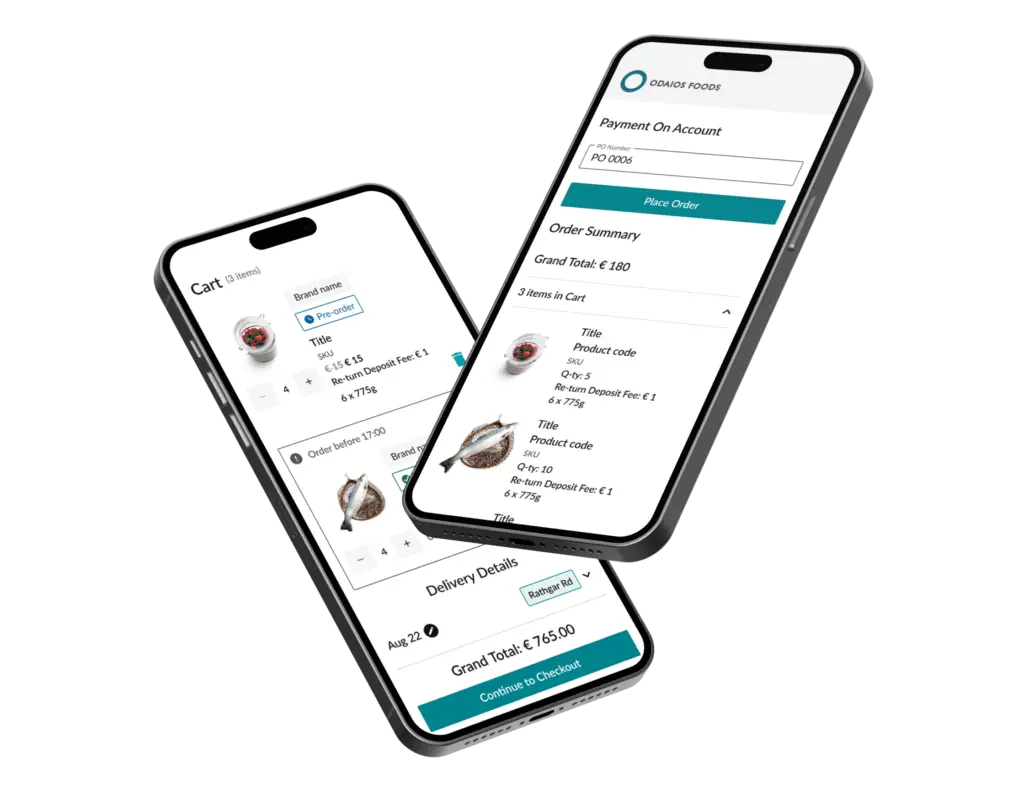In B2B eCommerce, pricing flexibility is essential. Companies often have unique pricing agreements for different customers—whether based on volume, loyalty, or special deals.
Apex’s “Pricebooks” feature offers a solution designed to empower businesses with the flexibility to customise pricing for each client, creating a seamless experience that respects individual agreements without the need for manual adjustments.

Unlike B2C eCommerce, where a standardised price typically applies to all customers, B2B pricing often varies to meet complex contractual agreements. A food distributor, for example, might offer a bulk discount for large buyers, while offering standard prices to smaller clients.
However, managing these variations manually can be cumbersome and error-prone, particularly as the business scales and customer-specific agreements expand.
Apex’s “Pricebooks” feature is designed to handle this complexity with ease. By allowing B2B companies to set customised prices for individual customers, Pricebooks ensures that every client sees the pricing intended for them, no matter the agreement in place.
Here’s how it works:

The Pricebooks feature is especially valuable for B2B companies managing multiple pricing structures and client types. By allowing custom pricing displays, Apex enables businesses to honour existing agreements and support client-specific needs.
This feature has already proven essential for our larger clients, such as CMS Distribution and Topline Group, who rely on tailored pricing for customer loyalty and operational efficiency.
Key Benefits of Pricebooks in Apex:
Apex’s Pricebooks feature enables B2B companies to manage pricing at scale, creating a seamless, tailored experience that respects each client’s unique terms.
Ready to see how Apex can simplify your pricing management? Book a free eCommerce Readiness Assessment today, with no commitments, and discover how Apex could support your digital transformation.
Contact us today to schedule a quick free demo or just to discuss your B2B Commerce needs with our experts and find the best solutions for you.